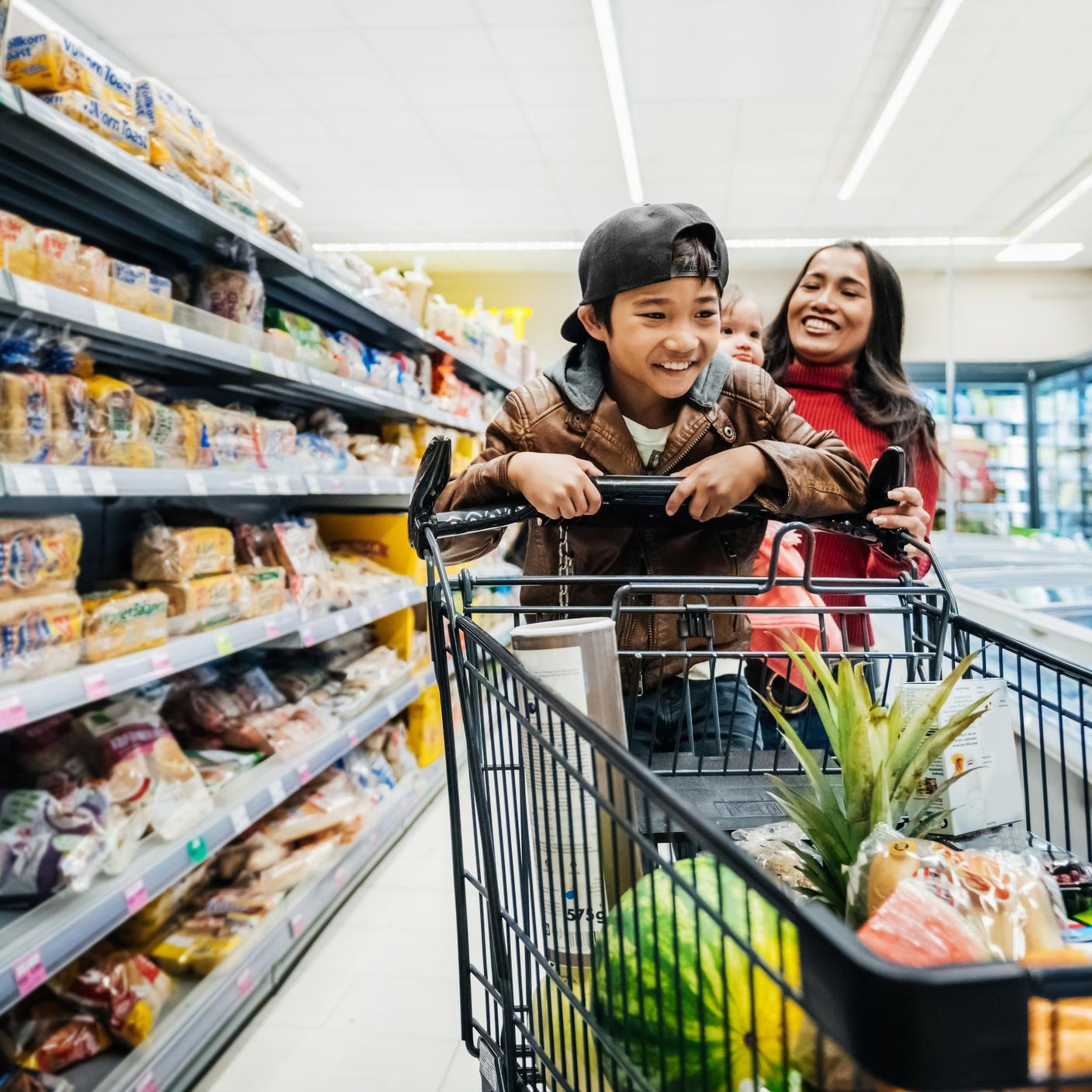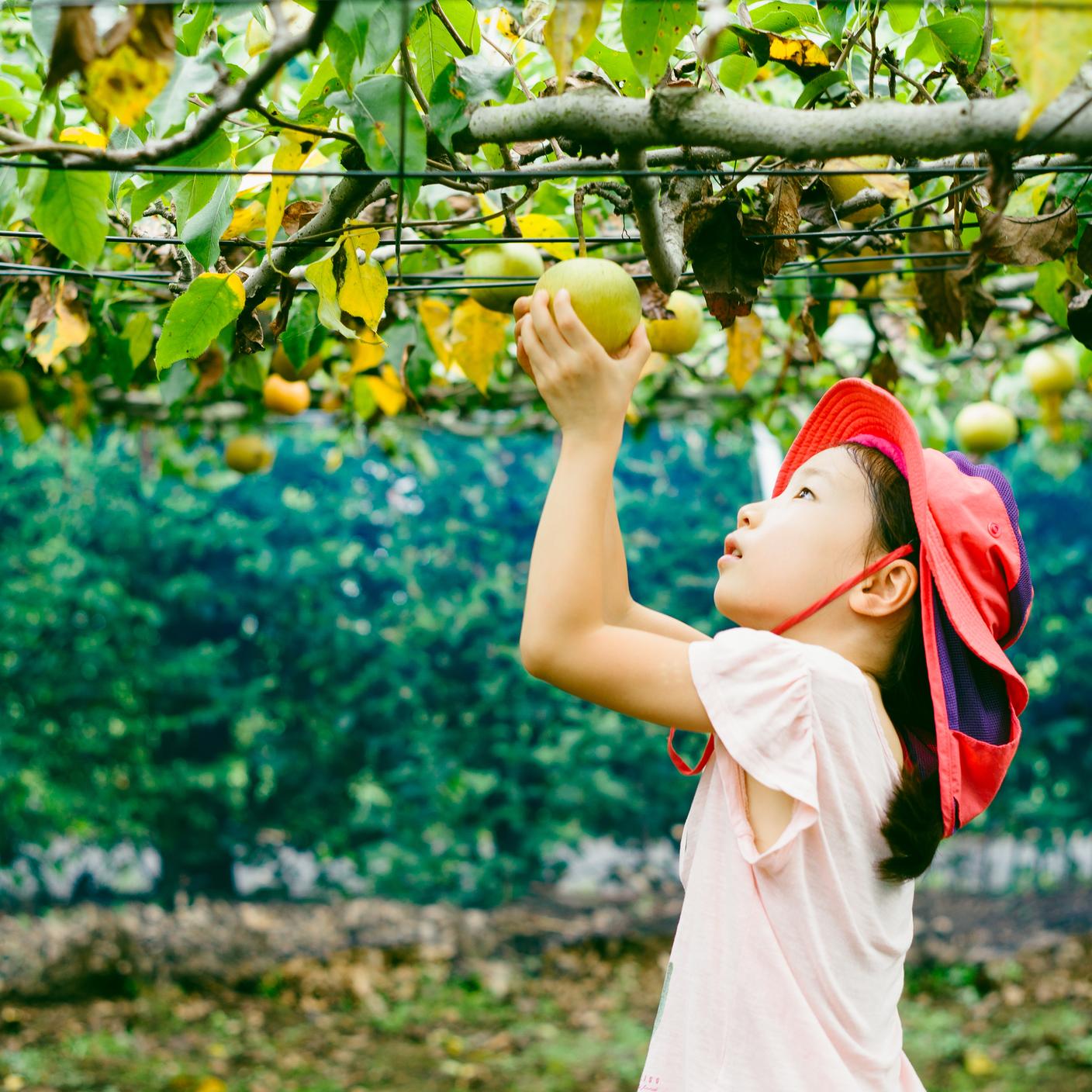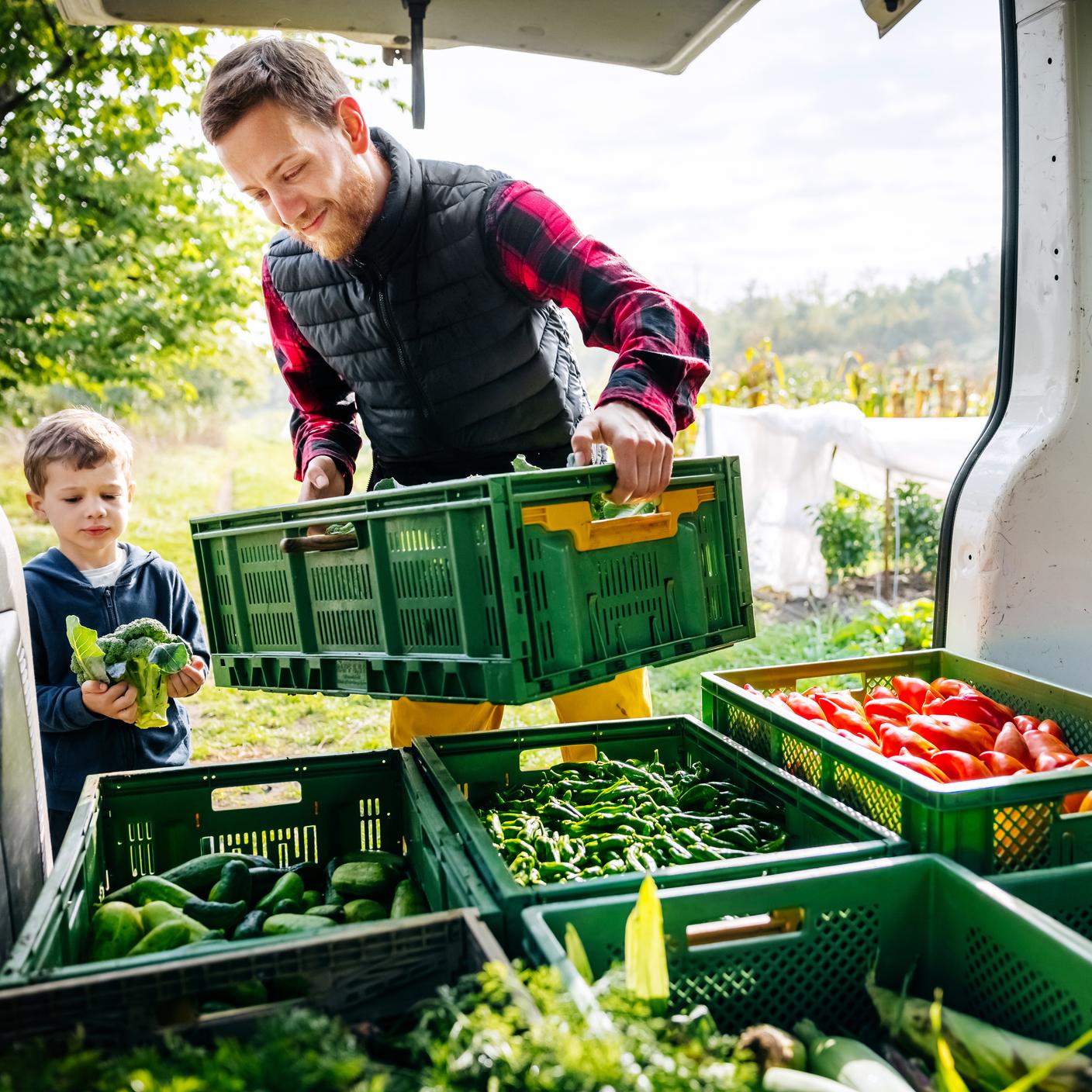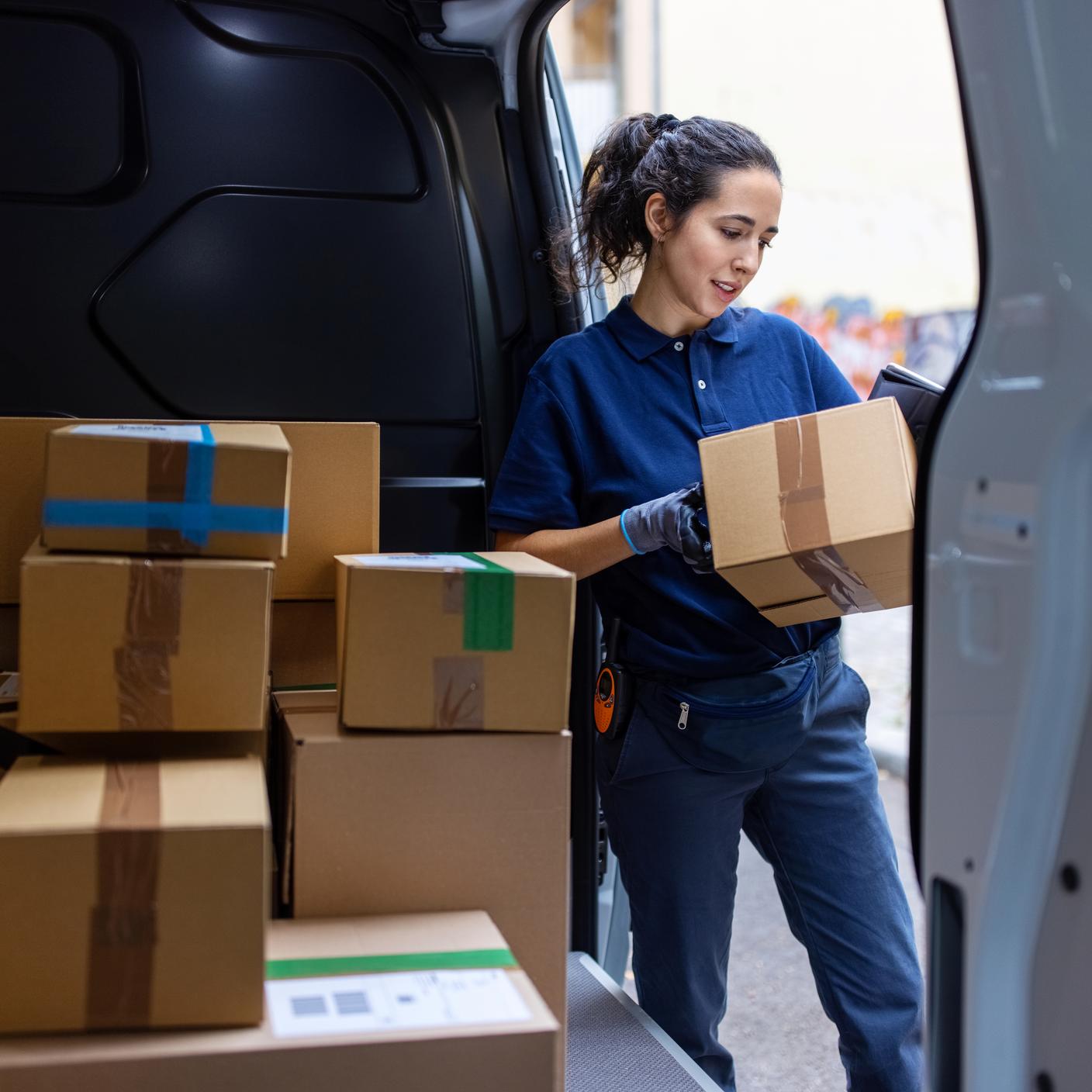For many, the festive season is an opportunity to come together around tables filled with food and drink. Such celebrations are rooted in a season of generosity and good will, but also highlight an opportunity for us to be mindful about food waste.
This is because there can be an increase in food waste in this period, along with the consumption of items that may have a larger environmental footprint. In the UK at Christmas for example, approximately 263,000 turkeys, 740,000 portions of Christmas pudding, and over 7.5 million mince pies are discarded each year.
These popular festive foods play a significant role in the UK’s overall food waste footprint – but there is much we can do to tackle the issue.
Annually, the UK wastes approximately 9.5 million tonnes of food, with around 60% coming from households and the other 40% from manufacturing and the hospitality industry. Within this, poultry ranks as the eighth most wasted food, while cheese and potatoes are among the top five. Each year, around 750,000 tonnes of potatoes are wasted, while fresh vegetables and salad top the list, with a staggering 1.3 million tonnes of perfectly edible food going to waste.
Households contribute to these statistics in several ways:
- People tend to buy and use more food than needed. This is especially true at Christmas time when friends and family gather for festive parties. A huge 25% of the food we cook ends up wasted because we prepare, cook or serve too much.
- Another problem with overbuying is consumers either incorrectly storing food or leaving food uneaten until it is spoiled.
- Some consumers are confused by ‘best before’ and ‘use by’ dates, consequently throwing away safe-to-eat food.
At this time of year, it’s important to consider how we can reduce waste and make more sustainable choices together, from farm to fork. It’s also essential to recognise that there are opportunities to address food waste at various other stages throughout the entire supply chain:
- When harvests are successful, farms often produce more food than is immediately needed, creating a valuable opportunity to explore new markets and distribution channels.
- Manufacturing facilities, especially during festive seasons, may produce more to ensure they meet demand. This preparation can create surplus stock, which opens up possibilities for creative partnerships and redistribution.
- Improving transportation and storage solutions can help minimize spoilage and ensure more food reaches consumers in optimal condition.
- Consumers are increasingly open to "imperfect" fruits and vegetables, presenting an exciting chance for retailers to showcase diverse products, reduce waste, and offer unique options to customers.
- There are significant opportunities to redistribute more excess food to charities or food banks, with just 7% of the total food surplus in the UK retail and manufacturing sectors currently being redistributed.
This approach highlights each challenge as a way to innovate, strengthen food systems, and expand positive impacts across the supply chain.
The environmental impact of food during the festive season
Making sustainable changes can go a long way in better protecting the health of the planet.
For example, those 263,000 turkeys, 740,000 portions of Christmas puddings and 7.5 million mince pies that are binned are likely to end up in landfills where they decompose, releasing methane emissions that are harmful to the environment. In fact, 23% of total greenhouse gas emissions stemming from the UK food system are linked to the production and distribution of food that becomes waste.
Livestock farming tends to require more resources compared to vegetable production. For instance, a meal featuring roast ham can account for up to 70% of a person’s daily carbon budget, while a vegetable-focused meal uses only about 14%.
Critically, in 2022, 56% of shoppers had turkey for Christmas dinner, while beef and lamb sales rose 2.2% and 10% respectively highlighting the opportunity to explore more sustainable meal options.
A collaborative approach through standards
According to WRAP, the UK aims to halve food waste by 2030. As consumer awareness of sustainability increases, new approaches will be essential.
Standards offer a framework for stakeholders across the supply chain to collaborate effectively. BSI can assist organizations in benchmarking their impacts, setting goals aligned with the UN Sustainable Development Goals (SDGs), and developing educational materials to promote best practices. An example is BSI’s work with SGK, a leading organization in the packaging and brand development industry, who were looking to establish a robust framework in their operations to recognise the importance of waste reduction and sustainable practices. BSI partnered with SGK to understand their unique challenges, objectives, and sustainability aspirations in this space. By conducting a thorough assessment of SGK’s current practices and benchmarking them against industry standards and best practice, we were able to identify areas for improvement and developed tailored, tangible recommendations to drive positive change.
Together and SGK have demonstrated that, through a shared commitment guided by standards, reducing emissions and addressing food insecurity becomes achievable. Read the full case study here.
Strategies for trimming food waste and tackling climate change
Recent BSI research found that 71% of people globally see climate change as the most critical issue facing the world, and 83% think organizations need to take positive action to address this. In addition, nearly two thirds of consumers seek out environmental and sustainability claims when purchasing goods, clearly demonstrating the business case for organizations to take positive action on sustainability and accurately demonstrate their claims. There are many effective strategies that businesses can adopt to reduce food waste and empower consumers to make more sustainable food choices:
- Innovative technologies: Farms could invest in innovative technologies like precision and vertical farming to monitor crop growth, optimise efficiency and increase output quality while minimising environmental impacts.
- Packaging and labelling: Clear and accurate packaging and labelling practices can help consumers understand product storage instructions, expiration dates and portion sizes, reducing the risk that food is discarded prematurely.
- Responsible waste collection: High volumes of waste can be collected and disposed of by licensed waste carriers. Organizations such as Fresco Environmental can collect food waste and convert it into biogas or animal feed, which prevents waste from being sent to landfill.
- Effective food handling: Standards such as PAS 1018 establish best practices for handling, processing, and storing food. These guidelines on quality management, inventory management and traceability can ensure that food is handled properly at every stage, enabling businesses to minimise losses and prevent food waste due to mishandling or improper storage.
- Making use of ‘wonky’ produce: Farms can take advantage of subscription box service companies, such as Wonky Veg Boxes, who deliver imperfect yet edible food straight to consumers’ doors. This ensures that fruit and vegetables that don’t meet supermarket aesthetic requirements don’t go to waste.
- Consumer engagement: 57% of UK shoppers say they would like brands to help them be more resourceful with their food. Businesses can facilitate this through run in-store, on-pack or out-of-home activations to help raise awareness of food waste and encourage mindful consumption.
- Surplus food redistribution: To help redistribute surplus food that otherwise would go to waste, businesses can partner with food waste charities such as FareShare. FareShare redistributes surplus food to 8,500 charities throughout the UK. They have partnered with The Coronation Food Project, inspired by His Majesty The King, which was launched on November 14th 2023. The Alliance Manufacturing programme, a key component of the Project, aims to unlock more surplus food for redistribution by bringing senior figures from across the UK food industry together to share their surplus, underutilised and donated resources.
Our role in helping the food industry achieve net zero
Collaboration among stakeholders in the food industry, supported by well-developed standards, plays a vital role in driving meaningful change toward net zero. By integrating waste reduction strategies with established standards, organizations can strengthen their sustainability initiatives, minimise food waste, and contribute to a more resource-efficient future.
Our services help organizations to reach their sustainability goals. From developing tailored roadmaps and standard-backed sustainability strategies to building social responsibility practices and fostering innovation, we are committed to supporting your sustainability journey.
Our comprehensive mapping and discovery service helps organizations stay informed, providing insights into the most relevant current and upcoming standards through customized reports that align with specific objectives. And we work with leading organizations to develop fast-track standards are a powerful way to establish the integrity of an innovation or approach.






